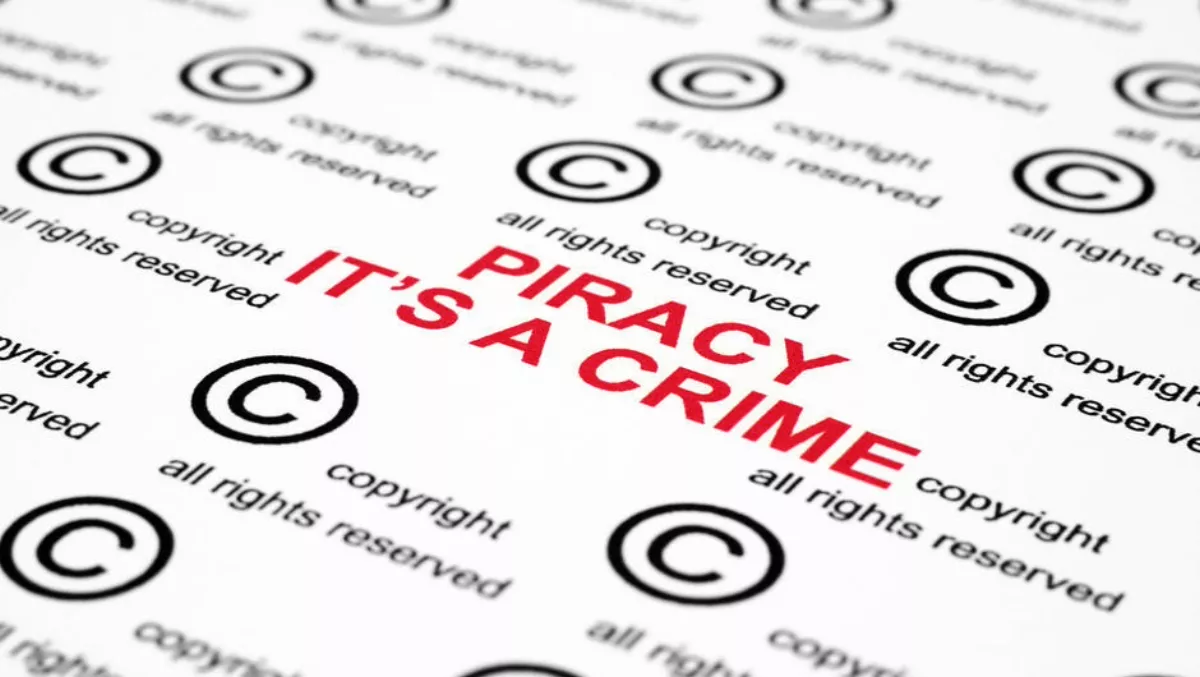
Five reasons why we need to rethink software piracy
Every day, businesses of all sizes use software to improve the way they do business, grow their bottom lines, reach new markets, and obtain competitive advantages. It's one of the most ubiquitous and essential tools that are available to businesses. But it's also one that many businesses take advantage of.
Software piracy is a problem that is pervasive but not fully understood. The reality, however, is that more than one-third of software in use on personal computers around the world today is unlicensed, including the majority of personal software.
Here are five reasons why more businesses rethink their usage of unlicensed software usage:
1. It's unethical and creating an unfair advantage
A business doesn't expect to give products and services away for free. Neither should software providers. The BSA estimates that unlicensed software adds up to around US$540 million in 'free products' per year in Australia alone.
Furthermore, companies using unlicensed software don't have the added costs of paying for legitimate software and support, creating an unfair financial advantage for themselves.
This might result in lower competitive pricing, undercutting and eroding prices in your industry and 'rewarding' these companies with projects or work. Therefore, using unlicensed software is theft, so respect your fellow business men and women, take the high ground and speak up.
2. It costs government, businesses and individuals a lot of money
A business might have downloaded software for free but unlicensed software comes with a big economic cost. On average, each malware attack can cost a business an average of US$2.4 million and up to 50 days to clean up all infected devices and systems.
In addition to the loss of a huge sum of money and significant amount of time, there is also the financial burden of lost opportunity for businesses that don't properly manage their software.
In a global study on unlicensed software usage, the BSA found that when companies take steps to improve their software management, they can boost their bottom line by as much as 11 percent – that's more than half a million dollars for the average-sized company in the survey.
3. It increases the likelihood of cybersecurity attacks
Using unlicensed software greatly increases business exposure to cybersecurity risks – notably malware attacks. Businesses that obtain or install an unlicensed software package or buy a computer with unlicensed software on it now face a one-in-three chance of encountering malware. And with eight new malware threats appearing every second, that's a risk no business wants to take.
Not surprisingly, around half of CIOs say malware is one of the top three reasons not to use unlicensed software. Using licensed software can dramatically reduce customers' security risks as they have access to the latest security updates and patches.
4. It makes businesses less productive
When a business has technology runs smoothly, its team is more efficient and productive. Using unlicensed software can drag a team's productivity down to a halt as it's prone to glitches, leaving employees without a properly functioning computer for long periods of time.
What's worse is that because a business hasn't paid for a software license, they also don't get access to the support services, warranties or upgrades. They're stuck with what they have and it's unlikely to be enough to keep their business running smoothly for long.
With a proper software management plan, businesses can ensure they're getting the best software and features to match their business requirements. This saves time and money in the long run and makes their users more productive and their business more competitive.
5. Risk costly fines
There is a price to pay for using unlicensed software. In fact, the practice can lead to fines of up to $150,000 per copyright infringement as well as civil and criminal prosecutions. Those are some serious penalties that I'm sure their business is eager to avoid!
Licensing the latest and greatest software applications may seem like a significant investment, but the reality is that the cost of unlicensed software settlements usually far outweighs the cost of their company using legitimate software. It's much easier to avoid costly litigation, settlements or fines than risking the potential consequences.

